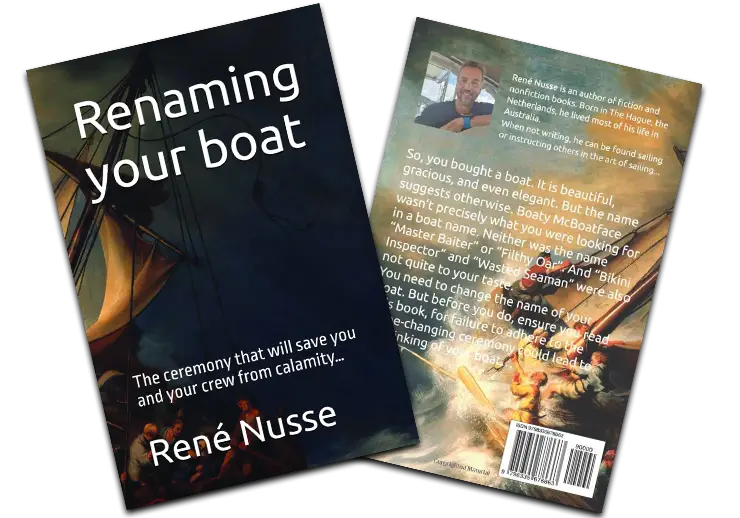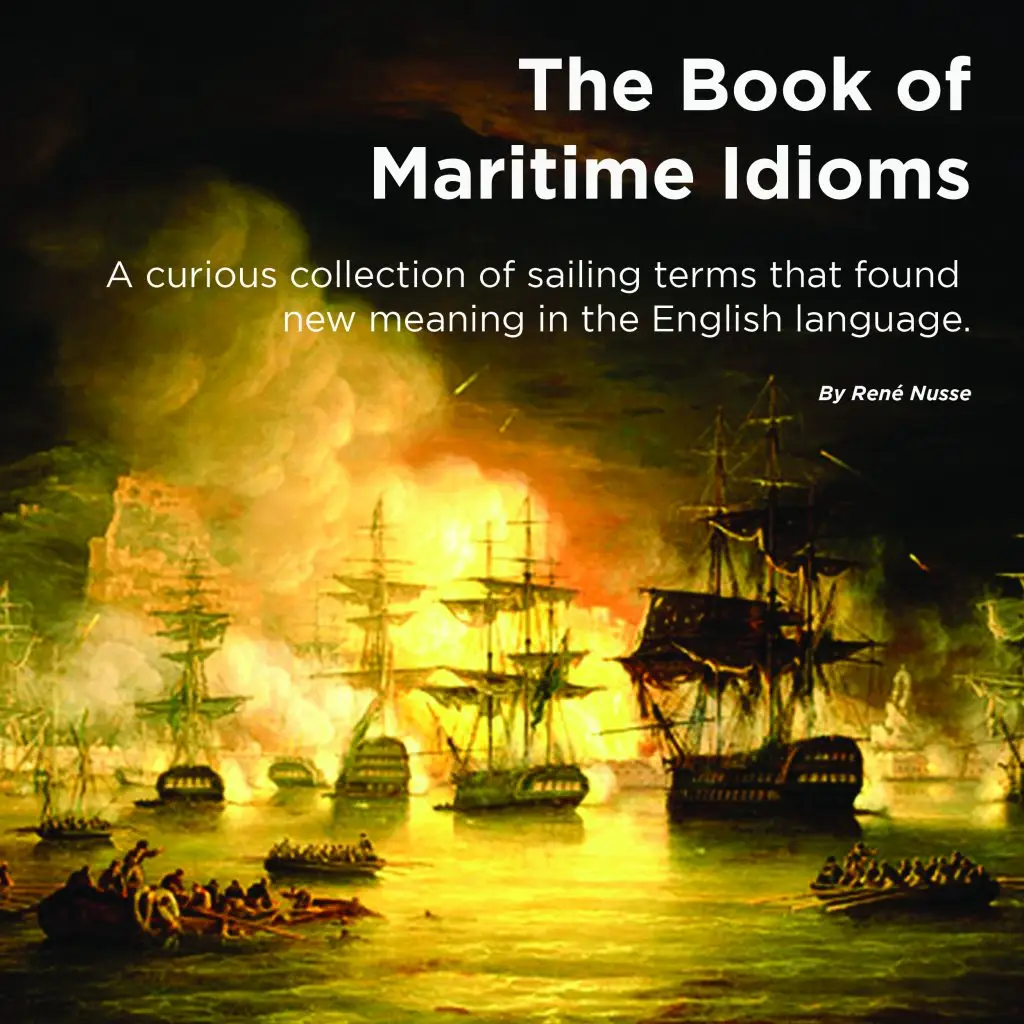Provisioning for long voyages
Provisioning for long voyages on a small yacht requires careful planning, as space is limited, and access to fresh supplies will be restricted for extended periods. Here’s a guide to help you plan effectively:
1. Food and Water Supplies
Non-Perishable Foods:
- Canned goods (fish, meats, beans, fruits, veggies)
- Dried foods (pasta, rice, lentils, beans)
- Grains and cereals (oats, quinoa)
- Powdered or UHT milk
- Shelf-stable cheese (like hard cheeses or vacuum-sealed varieties)
- Dried fruits, nuts, seeds
- Freeze-dried or dehydrated meals
- Jarred sauces and soups
- Peanut butter, honey, jam (long shelf life)
- Crackers and hardtack (biscuit bread)
Fresh Produce (Long-Lasting):
- Onions, garlic, potatoes, carrots, cabbage, apples, citrus fruits (store in cool, ventilated areas)
- Consider preserving some produce via pickling or fermenting.
Protein Sources:
- Jerky, canned meats, beans, dried eggs
- Fishing gear for catching fresh seafood
Water:
- Calculate 3-4 litres per person daily for drinking and cooking.
- Consider a water maker (declinator) if you’ll be at sea for an extended period.
- Carry extra water in jerry cans or collapsible bladders.
Treats and Comfort Food:
- Chocolate, candy, or other morale-boosters for long trips.
2. Cooking and Storage
- Compact, versatile stove: Propane or alcohol stove with extra fuel.
- Utensils and cookware: A few pots, a frying pan, sharp knives, cutting board, and mixing tools.
- Food storage: Airtight containers for dry goods to prevent moisture or pests. Vacuum-sealing food can save space and keep it fresh longer.
- Coolers or portable refrigerators for perishables (if you have the energy capacity).
- Plastic bins or nets to store fresh produce without crushing them.
- Fishing gear to supplement your protein intake.
3. Medical and Hygiene
- First Aid Kit: This kit includes essential medications, bandages, antibiotics, seasickness remedies, painkillers, and a guide for crucial medical treatment. (Read more about first aid kits).
- Toiletries: Biodegradable soaps, toothpaste, toilet paper, etc.
- Water purification: Filters or tablets as a backup.
- Hand sanitiser and wipes for times when water is scarce.
4. Energy and Power Management
- Solar panels for recharging batteries. (Read more about solar on a boat).
- Power banks for small devices.
- Gas or alcohol stoves for cooking if electricity is limited.
- Extra fuel for your engine, generator, or stove.
5. Navigation and Communication
- Navigation charts (paper and digital) for your route.
- GPS devices, VHF radios, and satellite phones for communication.
- Weather apps and forecasting tools to stay updated.
6. Entertainment and Mental Health
- Books, music, and hobbies to pass the time.
- Games, puzzles, or journals for mental well-being.
- Deck gear like fishing rods or snorkelling equipment to enjoy stops.
7. Maintenance and Tools
- Basic tool kit for repairs (wrenches, screwdrivers, etc.).
- Spare parts: Filters, belts, hoses, rigging equipment.
- Cleaning supplies: Rags, sponges, biodegradable detergents.
8. Safety and Security
- Life jackets, emergency flares, and a liferaft.
- EPIRB (Emergency Position Indicating Radio Beacon) or PLB (Personal Locator Beacon).
- Fire extinguishers and bilge pumps.
Planning and optimising space are crucial, but allow flexibility as your needs change over time.

NAVIGATION RULES CLINIC + BASIC SAIL TRIM COURSE
These FREE online sailing lessons are a great refresher courses for EVERYONE.
Take these FREE courses now and check out how simple and easy it is to take a NauticEd online sailing course.Estimated time: 20 minutes each.
Author
-

Rene is a keelboat instructor and sailing coach in the Mandurah area WA. He is also the author of several books about sailing including "The Book of Maritime Idioms" and "Renaming your boat".
View all posts


